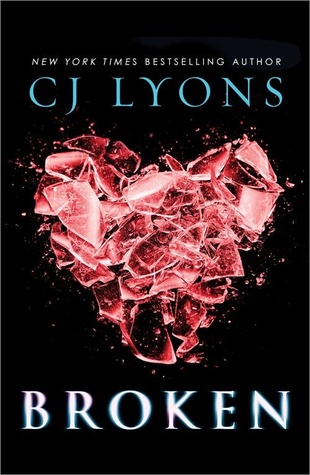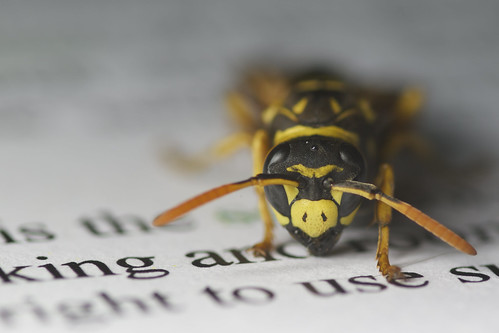 |
| Photo credit: SerenityRose on Flickr |
However, cuts don’t have to be painful, and sometimes, they can even be relatively simple. And so I’d like to share five easy cuts to make without experiencing too much pain.
- Suddenly. “Jimmy crept around the corner, then, suddenly—” aaaaand stop right there. Suddenly is one of those words that we’ve been tricked into believing are useful. When we write “suddenly,” we’re trying to convey to our readers that whatever happens next happened without warning, but there’s just one problem—you’ve already warned your readers.
Every time you use the word “suddenly” you’re basically shooting yourself in the foot. “I suddenly felt sick,” for example, takes away the suddenness of the nausea, because your readers read “suddenly” and knew something was about to happen. “Suddenly” doesn’t tell our readers not to expect something, it does the opposite—it warns our readers that something is about to happen. And that’s not very sudden, is it? - Very, really, etc. These are often throwaway words. I want to say 7/10 times you use “really” or “very”, you can probably replace it with a single word that’s more powerful and effective. “Very tall” for example, could be “towering.” “Really slowly” could be “sloth-like.” Etc. etc.
There is an exception, however. Sometimes words like “very” and “really” are used to accentuate a voice, especially with younger characters. For example, while “very fast” can almost always be changed to “quickly,” but “navy” may not be better than “very blue” if your POV character isn’t likely to say “navy.” - Filter phrases. If you haven’t read Chuck Palaniuk’s post on “Thought” verbs, you need to do so now. I’ll wait. Go read it. I mean it.
Did you read it? I hope so, because I can’t begin to tell you how incredibly helpful it is. Filter phrases are fine for first drafting, but when it comes to revising, it’s time to remove them and replace them with something more powerful.
In case you didn’t read it, filter phrases are phrases like “he thought” “she wondered” “I knew” “he felt” “she saw” “I smelled” etc. The problem with them is that they add an extra layer of filtering, which distances the readers from the narrative.
For example, “I smelled freshly baking cinnamon rolls” could be changed to “The sugary scent of cinnamon and sweet glaze was so thick in the air, I could almost taste it.” By showing us what the character is smelling rather than telling us what he/she is smelling, the imagery becomes much more powerful, almost as though the readers are experiencing it themselves.
Yes, it can be a little tedious going through your manuscript and removing them, but I highly recommend you do. It’ll definitely make your work much stronger. - I am, do not, will not, did not, etc. This is a super easy one. Oftentimes, especially in dialogue, I’ve seen writers forget their contractions. Sentences like “No, Jim, I do not think I will be going to that party” immediately sounds stilted just because the contractions were forgotten. “No, Jim, I don’t think I’ll be going to that party” sounds much more fluid, yes? (The answer is yes).
It’s an easy mistake, and you certainly don't have to change all of them to include contractions (in fact, depending on your voice and the voices of the characters, you may only change a couple), but it’s definitely something to keep in mind because changing just a few can really add to the flow. - Unnecessary scenes. This one’s a little trickier, but 9/10 times that I see a plot that’s dragging, it’s because of this little evil sucker.
Every scene needs to have a purpose. Every. Single. One. If you can’t go through each and every one of your scenes and identify the purpose (for example, character development, plot development, foreshadowing, etc.), then chances are it doesn’t need to be there. Another great way to determine this is imagine what would happen if you removed it—would your story still make sense? If your book would work without the scene, then chances are likely that you don’t need it.
What other easy cuts can you think of when editing?
Twitter-sized bites:
Gearing up to submit your MS? Writer @Ava_Jae shares five easy cuts you may want to make first. (Click to tweet)
Why suddenly is not sudden, filter phrases are evil, and other editing tips from writer @Ava_Jae. (Click to tweet)


















